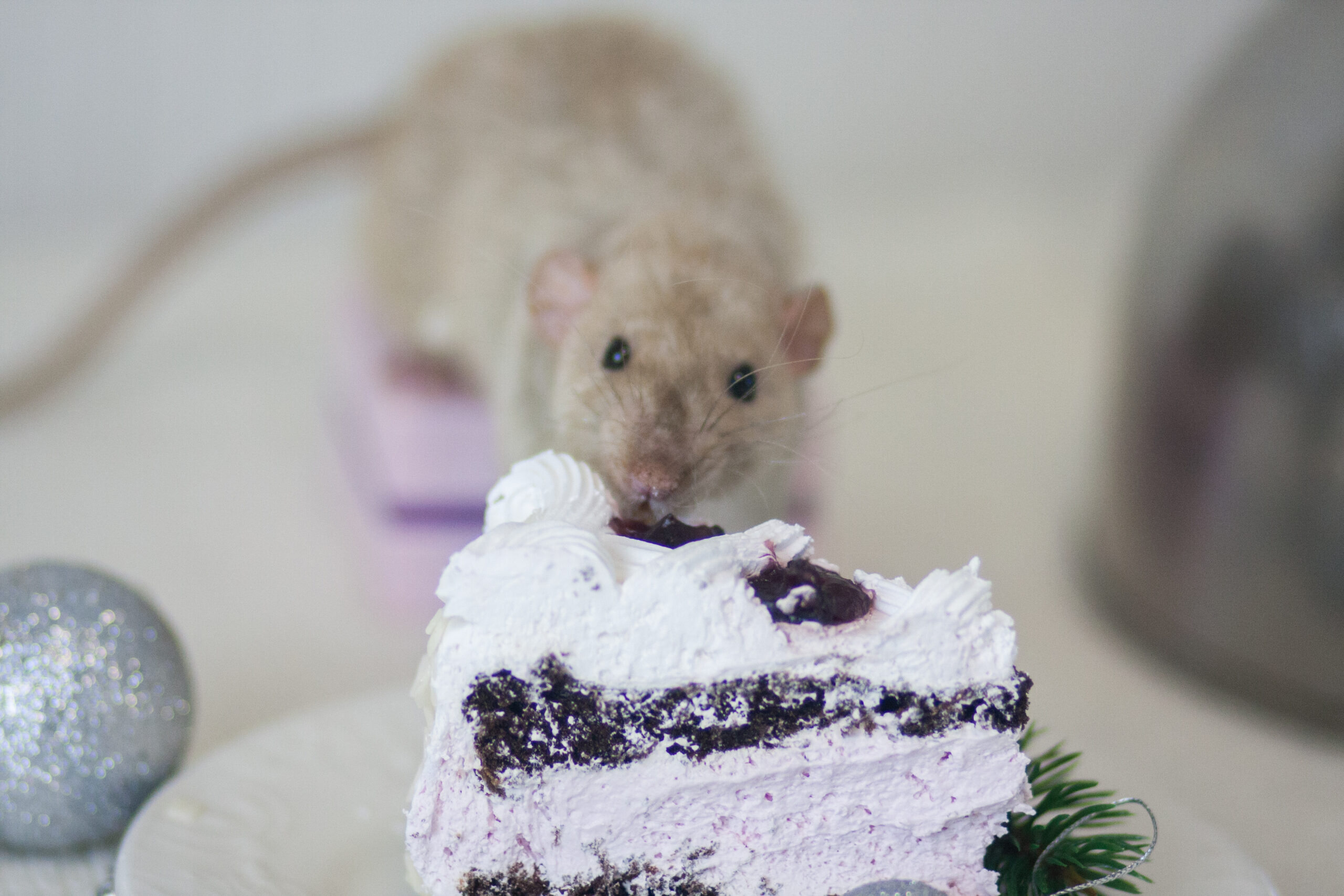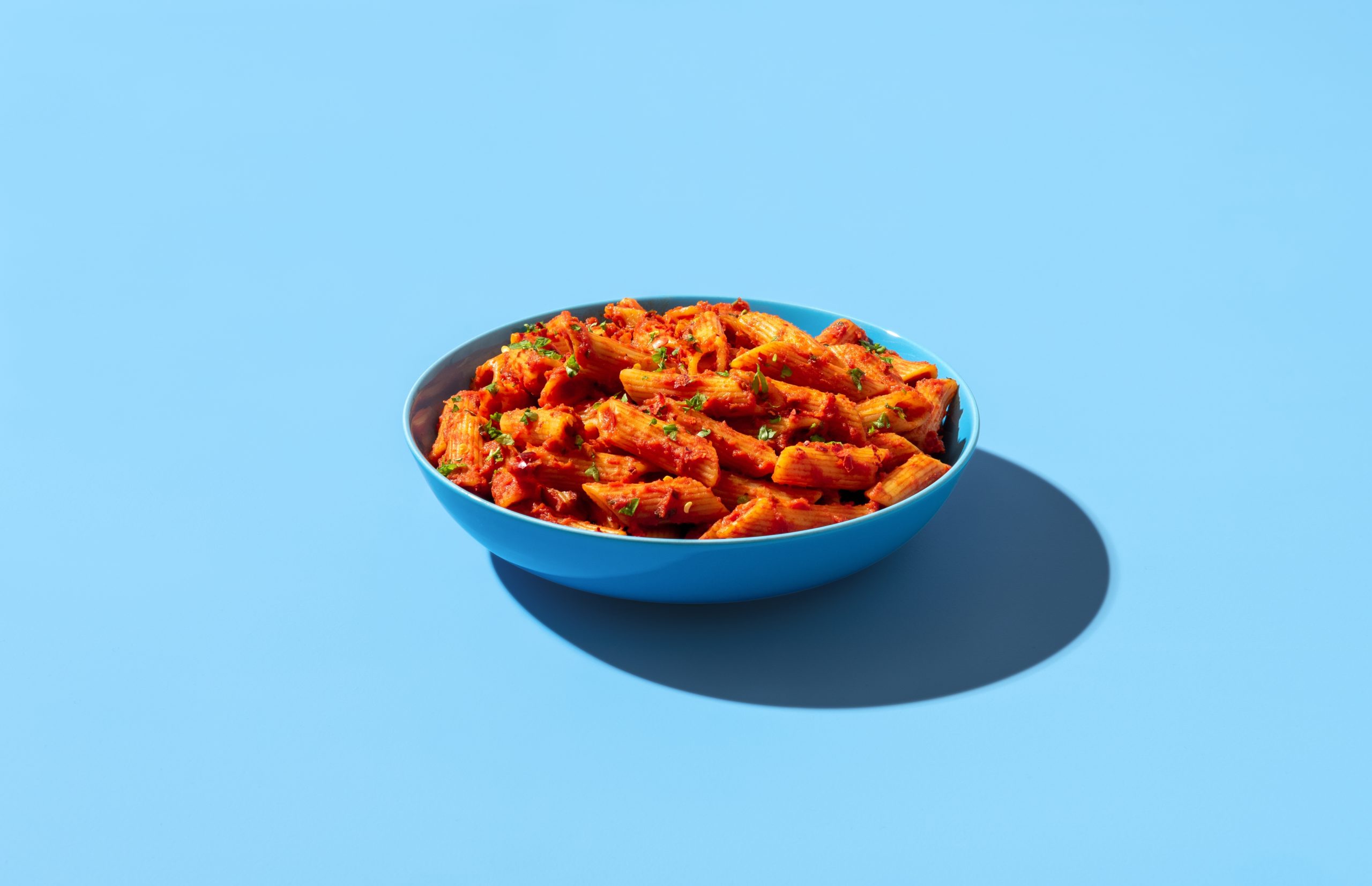Akkermansia is the only benign mucus eater in our intestines and could help us lose weight. Microbiologist Clara Belzer calls its approval as a nutritional supplement a major step in the bacterium’s history.
The European Food Safety Authority (EFSA) approved the intestinal bacterium Akkermansia muciniphila for use as a nutritional supplement in pasteurized form last September. Clara Belzer, an associate professor of Microbiology, is pleased with the approval and calls it a major step given the bacterium’s history and potential. She joined the research team of Willem de Vos, then professor of Microbiology and the man who discovered the bacterium, 11 years ago. She is trying to figure out how the bacterium works in the intestines.
Losing weight
Akkermansia probably has a big influence on people’s weight. It is found in larger numbers in thin people, as well as in animals that are fasting or in hibernation. Together with researchers at UCLouvain in Brussels, Willem de Vos’s group carried out a trial with mice that were given live Akkermansia. The mice were fed a high-fat diet but did not gain weight nearly as much as mice without Akkermansia.
The bacterium is an oddity as it belongs to a very different family to all the other gut bacteria. It also behaves like a pathogenic bacterium yet it has a positive effect on the host, as Belzer explains. ‘Bacteria that eat the intestinal mucosa are usually pathogens. Akkermansia turns out to be an exception. In fact, it even causes the host to make more mucus, which means there is a positive feedback.’
Trial with humans
Intestinal cells often react to proteins on the exterior of the bacteria. So Belzer examined the protein in Akkermansia. The protein’s shape and structure turned out to be quite different from those of other bacteria in the intestines. That may make it recognizable to our intestinal cells and allow a specific interaction. When tested on mice, the protein had the same effect as the live or pasteurized bacterium, reducing weight gain when they were put on a high-fat diet.
So the researchers carried out trials with people with overweight. The trial subjects could carry on eating as normal and were given live or pasteurized Akkermansia, or a placebo. They did not lose weight during the two-week and six-week trials, but the people taking Akkermansia did have a healthier profile for their blood and urine. For example, the blood contained less cholesterol and had improved blood sugar levels.
On the market
The trials showed that the bacterium is safe for consumption, so the EFSA approved the use of pasteurized Akkermansia as a nutritional supplement. The Belgian company A-Mansia Biotech, founded by Willem de Vos and Patrice Cani of UCLouvain, plans to launch the first pasteurized Akkermansia product on the market next year. Belzer is collaborating with the company in her research.
The use of pasteurized (dead) Akkermansia has practical advantages compared with probiotics — live bacteria used as a product to improve people’s health. As Belzer explains, getting approval for probiotics is a lot harder: ‘If you want the probiotic label, you have to prove a claim for a certain probiotic effect. And you rarely manage that with the EFSA.’
What is more, pasteurized Akkermansia keeps longer and is a more appealing option for consumers than live bacteria. ‘The bacteria are anaerobic, so they can’t be kept for long in a bottle that also contains air. The bacterium also produces fatty acids such as propionic acid and acetic acid, which smell unpleasant to consumers.’ You don’t get these problems with pasteurized bacteria.
Synthetic poo
Belzer does basic research on Akkermansia with the aim of discovering the mechanisms through which the bacterium affects human health. Her view is that the intestinal ecosystem is more than just Akkermansia. ‘It is unlikely that everything in the intestine is determined by one bacterium, such as Akkermansia. This also runs counter to the idea of microbial ecology, where we see the intestines as an ecosystem in which a variety of bacteria and micro-organisms work together. That cooperation and those interdependencies are important.’
Belzer is therefore looking for the core set of bacteria that are found in all people. To do this, she is testing a selection of intestinal bacteria as synthetic communities. Previous studies showed that faecal transplantation — the transplant of poo from healthy people — can resolve intestinal problems in sick people. But there are so many different things in poo. ‘We want to let a number of common intestinal bacteria grow together with all their usual capacities but without the uncertainty of a stool sample that contains so many unknown factors. We are now at the stage that we can start with a clear solution of nutrients and bacteria in the reactor, and end up with a stinking brown gunge of synthetic poo,’ she says proudly.
She expects it will take at least ten years before she can make a bacterial community that is applicable for humans.
Willem de Vos is now a distinguished professor emeritus. He works at Helsinki University on Akkermansia and other potentially probiotic bacteria such as Anaerobutyricum soehngenii.

 Studies with mice suggest the intestinal bacterium Akkermansia could help us lose weight. When fed a high-fat diet, the mice put on much less weight that mice without Akkermansia. Photo Shutterstock
Studies with mice suggest the intestinal bacterium Akkermansia could help us lose weight. When fed a high-fat diet, the mice put on much less weight that mice without Akkermansia. Photo Shutterstock 
